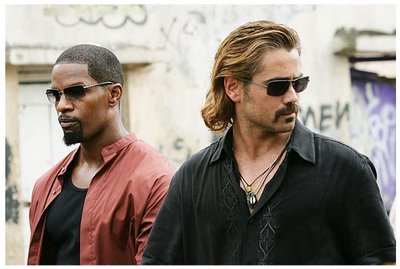In the meantime, here's an excerpt from the draft of the writing I'm working on. It is starting as a teaching series, and when that is finished I want to solicit some publishers to see if there's interest in making this a book.
I woke up in the middle of a field, at the bottom of a small bowl-shaped depression, with my head lying in a patch of mud. I woke like someone who has long been asleep. No. That’s not the most accurate way to describe it, for it was like no sleep I’d ever had. I also cannot describe it as “long,” for I had almost no sense of the time that had passed. It felt as much like a day as a hundred years.
But I know of no closer comparison to describe what happened to me, to give some sense of how my mind seemed right then. Perhaps I could say I was like someone who suddenly understood, or like someone no longer drunk.
Still, all these analogies pale in comparison to the change that had been wrought in me. Dreamers, idiots drunks—all these still have thoughts, however surreal, dim or incoherent. I had no solid memories of this hellish Before. An image, or an impression would flash in my mind like seeing a landscape for the brief span of a lightning flash. I could recall only the most vague impressions of danger, or occasionally hunger, pain, heat, cold.
I looked down at myself. I was completely naked. My knees were swollen and covered with very thick skin, as were the palms of my hands. My hair hung down to my waist, matted and filthy. Clearly it had been a long time that I’d been like this. My toes were curled up slightly, the nails long like claws. My joints ached and my body had something of a gnarled shape. I was covered with cuts, bruises, insect bites, sunburn, lice and fleas. My rib cage protruded and my belly lay swollen from malnutrition. The stench, the sudden recognition, the sight of myself was overpowering. My stomach heaved repeatedly, but nothing came out. I tried to stand up, but my legs would not straighten. Even in a partial crouch, I quickly grew dizzy, and fell over. Who was I, and how had I come to this?
Over the next day, as former memories began to slowly return, I pieced together what had happened to me. I remembered the prophecy spoken to warn me, Nebuchadnezzar. That told I would become like a beast. I remember being momentarily effected, terrified even, but later brushing it off as foolishness, or as some kind of riddle whose real meaning had not been revealed yet. What kind of harm could befall the King of Babylon, a man who had attacked the very people whose God now made threats against my rule? I had sacked their royal city and destroyed this God’s holy temple, and could view the remains whenever I wanted.
But I remembered that voice, thundering from heaven as I stood haughtily gazing out on the city, congratulating myself and reveling in my own supposed glory. And immediately afterward lay this void, this missing piece of my life where that last conscious memory didn’t fit together with my re-awakening in the muddy patch of ground.



